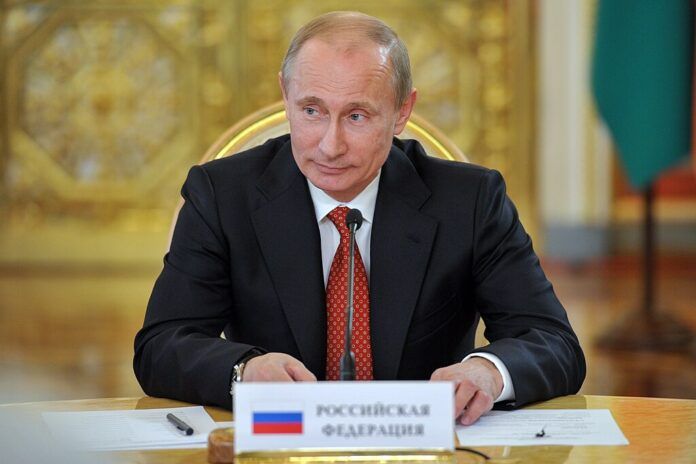Ilya Barabanov and Asya Kazantseva, BBC journalists, face Russia’s stigmatizing ‘foreign agent’ designation for their critical reporting
The Russian government has intensified its crackdown on dissent and free press by designating BBC Russian correspondent Ilya Barabanov and science reporter Asya Kazantseva as “foreign agents.” This label, which carries heavily negative implications within Russia, is part of a broader strategy to suppress voices critical of the Kremlin’s policies, including the ongoing military actions in Ukraine.
Both journalists have been prominent in their respective fields, with Barabanov providing in-depth coverage of Russia’s involvement in Ukraine and the activities of the Wagner mercenary group. Kazantseva has been active in the scientific community, vocalizing her opposition to the war through an open letter demanding the withdrawal of Russian troops from Ukraine.
Embed from Getty ImagesThe Russian Justice Ministry has accused Barabanov, now residing in Latvia, of disseminating “false information” regarding the Russian government’s policies and explicitly opposing the war in Ukraine. Kazantseva, having left Russia due to harassment from pro-war entities, has also faced significant backlash for her public stance against the conflict.
The BBC has vehemently rejected the Russian government’s decision, reiterating its commitment to delivering impartial and accurate news. A statement from the broadcaster highlighted its long-standing reputation as a trusted news source, especially through its Russian service, which has been operational for 80 years.
This move against Barabanov and Kazantseva is seen as part of a larger pattern wherein the Russian government has targeted a wide range of individuals and organizations under the “foreign agent” law. This includes notable cultural figures like novelist Boris Akunin, a known critic of Vladimir Putin, who was also branded as a foreign agent earlier in the year.
The label requires those designated as such to mark themselves accordingly in all public communications and adhere to stringent financial reporting standards, which critics argue aim to curtail freedom of expression and silence dissent.
As international concern grows over these developments, the global community continues to watch closely, with many advocating for the protection of journalistic freedom and the right to free speech in Russia
